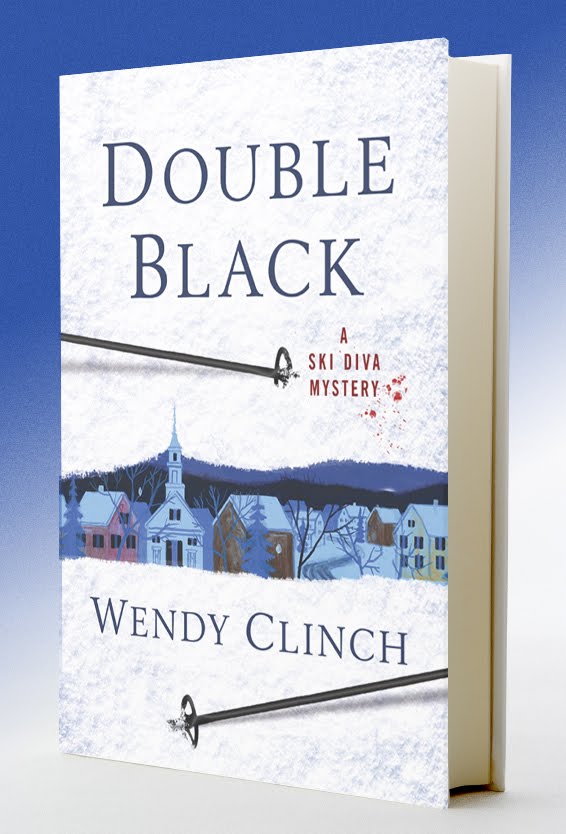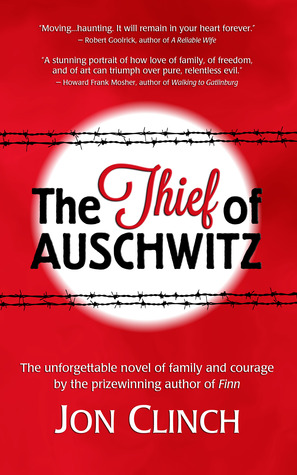The nights are starting to get longer, which makes now a great time to curl up with a good book. So put on your snuggliest jammies, light a fire in the fireplace, pour yourself a glass of wine, and get ready: here are two books you don’t want to miss.
SNOW: A SCIENTIFIC AND CULTURAL EXPLORATION, by Giles Whittell
Skiers have a special relationship with snow. We yearn for it. We pray for it. We celebrate it when it comes. That’s why SNOW: A SCIENTIFIC AND CULTURAL EXPLORATION, by Giles Whittell, is such a great read for us.
The chief leader writer for The Times of London, Whittell is in love with snow. You can just tell; his passion is that obvious. Nonetheless, it takes a special sort of writer to turn something that could read like a boring research paper into an engaging book, and Whittell delivers. SNOW is an absolute pleasure because it covers snow from every angle imaginable, but never in a way that’s dry or boring. There’s a lot of humor, a great conversational tone, and SO. MUCH. STUFF. Want to know the science behind snow, where the legend of the yeti comes from, how to build an igloo, or whether or not Eskimos really have 100 words for snow? It’s here, along with multiple stories about historic blizzards, avalanches, downhill races, and Olympic games. It even talks about the story behind the amazing jump in the 1977 James Bond movie, The Spy Who Loved Me, a video of which I’ll put here just to tempt you (full disclosure, I found the backstory completely fascinating).
There’s a lot in this book not only for skiers, but for anyone who’s interested in history, nature, or just the world around them.
Put this on your winter reading list. It comes out November 19, and I think you’ll love it as much as I did.
MARLEY by Jon Clinch
Okay, so I have a special interest in this one, because full disclosure: It’s by my husband, Jon Clinch. But before you roll your eyes, consider this: his first book, FINN, was named one of the best novels of 2007 by The Washington Post, the Christian Science Monitor, and the Chicago Tribune. And his second novel, KINGS OF THE EARTH, was Oprah’s #1 summer read in 2010. So Jon is no poser. He’s the real deal.
So here’s what MARLEY is about: You know Marley, the ghost from Charles Dickens’ The Christmas Carol? Ever wonder why he died, what his relationship was with Ebenezer Scrooge, and what made him such a tortured soul? Wonder no more. This book gives you the backstory, and it’s a doozy.
 Charles Frazier, National Book Award Winner and author of COLD MOUNTAIN, had this to say about MARLEY: “It’s one thing to come up with a brilliant premise, but it’s another thing to know what to do with it, how to realize its potential. As he did with FINN, Clinch digs down to the bones of a classic and creates must-read modern literature.”
Charles Frazier, National Book Award Winner and author of COLD MOUNTAIN, had this to say about MARLEY: “It’s one thing to come up with a brilliant premise, but it’s another thing to know what to do with it, how to realize its potential. As he did with FINN, Clinch digs down to the bones of a classic and creates must-read modern literature.”
Just don’t you don’t think I’m overpraising because I love the guy, MARLEY was just named a Best Book of the month by PEOPLE magazine (see left) and was reviewed (positively) in today’s New York Times. The following is a review from the book critic at the Seattle Times, who named it one of the ten books you should read this fall:
“Marley was dead, to begin with,” is the famous opening sentence from Charles Dickens’ “A Christmas Carol,” efficiently dispensing with Ebenezer Scrooge’s former business partner (the flesh-and-blood version of him, anyway; he turns up as a ghost later). Now Marley gets a whole novel, from a skilled author who’s entered the backstory-of-literary-characters realm previously: His debut, 2007’s “Finn,” told the backstory of Huckleberry Finn’s father.
And it’s a good one; told in alternating chapters from the perspectives of Marley and a younger, less bitter Scrooge and ranging from 1787 (when the two meet at the appropriately named Professor Drabb’s Academy for Boys, filled with boys who “looked like old men long denied nourishment”) to Marley’s deathbed in 1836. Clinch has fun with Dickensian names, but mostly this is a tragic tale of a young man slowly hardening into stone, and of a familiar character’s outline being filled in with new, darker colors. “Five-year-old Wolfgang Amadeus Mozart, rising from his little bed with the strains of some symphony bursting within his brain, was never more thrilled by the spontaneous act of creation than is Scrooge by these enchanting numbers,” Clinch writes, of Ebenezer at work. “The realities they represent — casks of rum, bolts of cloth, the hides of enslaved men — are nothing to him. He cares only for their music.”
Read it. It’s not a Christmas book, though it’d certainly make a great Christmas gift. MARLEY goes on sale today.



